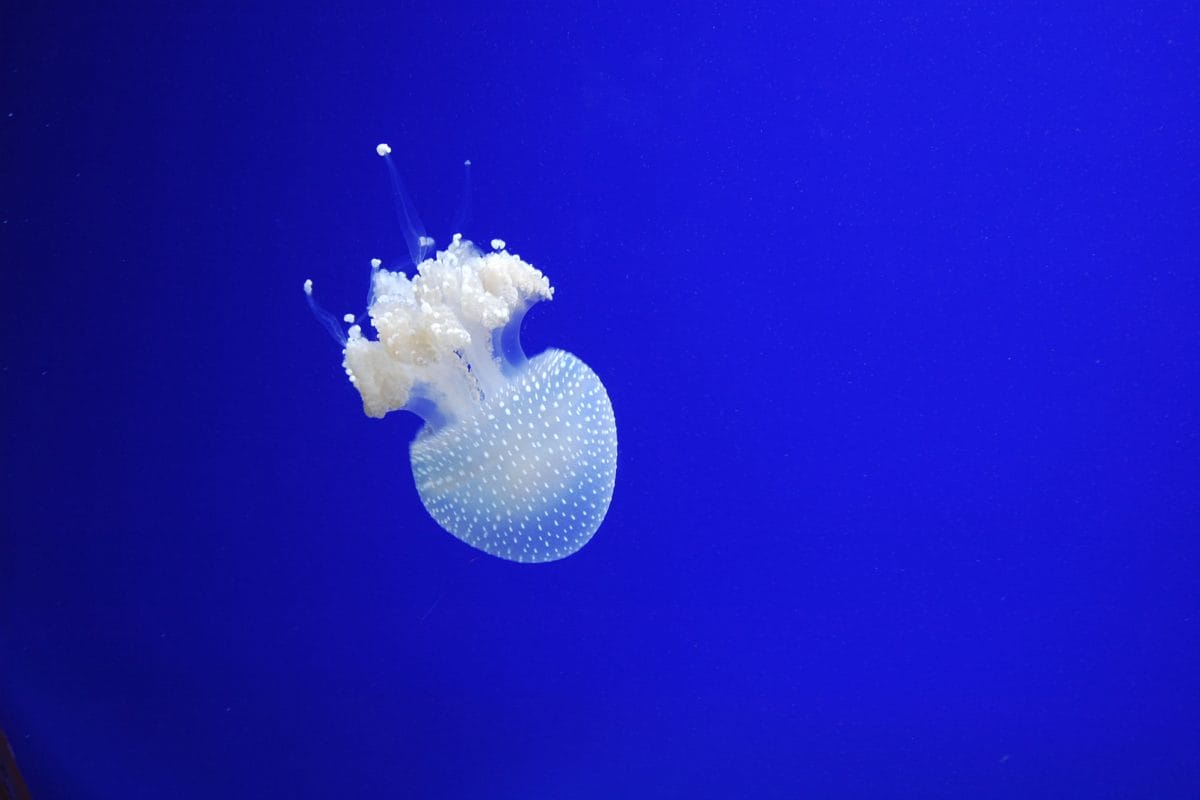Jellyfish bloom
Overfishing has meant that jellyfish’s natural predators have been missing from the seas, leading to a jellyfish ‘bloom’. This means that there is a rapid and temporary increase in jellyfish numbers.
There are far reaching consequences to ecosystem changes like this. More jellyfish means more predators for zooplankton, as well as other fish having to compete for the same amount of food.
The temperature increases brought about by climate change also means there are jellyfish species present in Britain that we don’t normally see.
Usually there are around 8 species of jellyfish seen around the UK, but in 2022 there were 11.
More jellyfish means that fish have more competition for food. Jellyfish may also damage coastal infrastructure.

Florals for… winter?
Seeing spring flowers in the shops in January and February might feel like a welcome sight, but the early arrival of these flowers can mean that the seasons are out of step.
Many UK plants are now flowering up to a month earlier on average. In 2024 the mild, wet winter and second warmest February on record meant that flowers were appearing ahead of usual.
This means that they are out of sync with the insects that feed on them, including the pollinators that enable fertilisation. This is known as ecological mismatch.

Strange consequences
The planet heating up also has an unusual side effect on the sex of bearded dragons. We know, not a sentence we’d have thought we’d write today either.
The sex of a bearded dragon baby is determined by the temperature it is incubated at. If the temperature is higher than 32 degrees Celsius it is born female. Rising temperatures have scientists worried we’ll see a spike in female beaded dragons being and there won’t be enough males. This disparity will lead to a decline in mating and numbers of new bearded dragons.
Smaller animals
Another surprising consequence of climate change is that certain animals may get smaller.
Warm-blooded animals living in cold environments, such as up mountains, use their body weight to keep warm.
As the planet heats up and their habitats aren’t as cold as they once were, there’s no need to keep so much body weight.
Wine
When perusing the wine aisle in the supermarket, you might look out for one from France, or Italy, or Spain, with the hot weather making for perfect vineyard conditions. However rising temperatures mean better conditions for growing grapes in the UK.
The past few years have seen a rise in grapes being grown much more widely and an increase in vineyards producing wine and champagne across the country. In 2023 the number of UK vineyards reached over 1000 for the first time.
At the Horniman too, we have been able to plant and sustain more drought-tolerant plants from places around the world including North Africa, Brazil and the Mediterranean.


